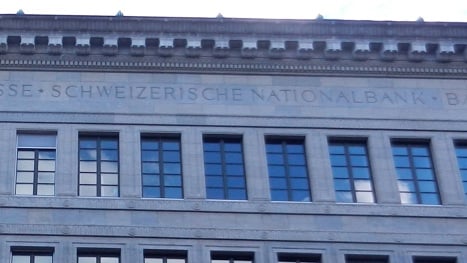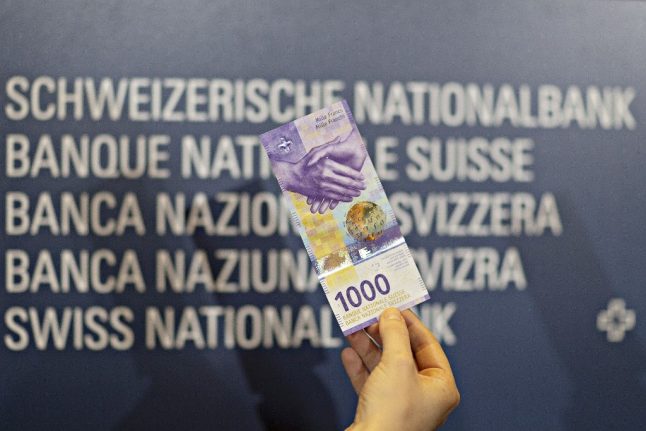"A local presence will allow the SNB to extend its coverage of markets in Asia, and will facilitate its round-the-clock operations on the foreign exchange market for example, to enforce the minimum exchange rate," the Swiss central bank said in a statement released on Tuesday.
The SNB has seen its foreign currency reserves swell in recent years, especially as it implemented in September 2011 an exchange rate floor of 1.20 francs for each euro to keep the currency from strengthening further.
The Swiss central bank said it has sought to diversify its investments, turning to new markets, while Asia's economic importance has grown considerably in recent years.
The SNB said it had looked at a number of locations in the Asia-Pacific region, but settled on Singapore due to its large financial marketplace, sound infrastructure and legal environment, plus proximity to emerging markets.
The branch is scheduled to open in mid-2013 and will have seven staff members, the SNB said.



 Please whitelist us to continue reading.
Please whitelist us to continue reading.
Member comments